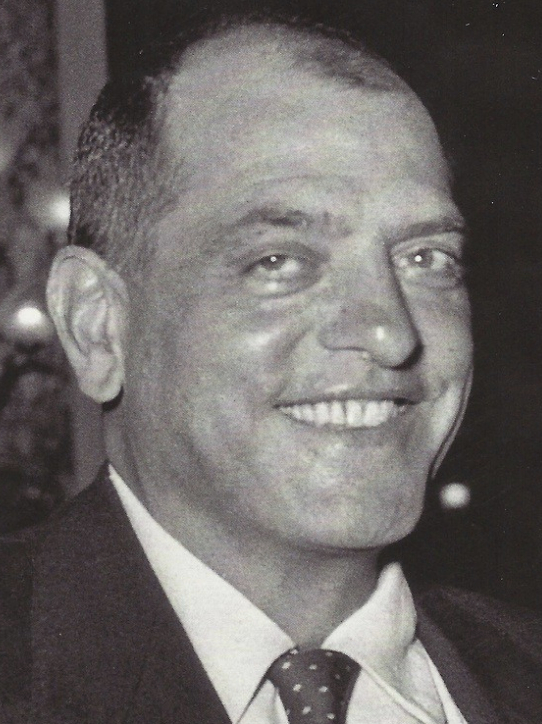On this date in 1900, film director Luis Buñuel Portolés was born in Calanda, Spain. After a strict Jesuit education gave him something to rebel against, he attended the University of Madrid, where one of his friends was Salvador Dalí. Buñuel moved to Paris, where his first film was the 21-minute “An Andalousian Dog” (Un Chien Andalou) in 1929, whose shocking opening made a deep impression. His first feature was “The Golden Age,” which attacked the church and the middle class, lifelong themes for Buñuel.
After the Spanish Civil War, he moved to the U.S. and worked as an editor at the Museum of Modern Art (1939-43) and as a film dubber for Warner Bros. before moving to Mexico. He became a Mexican citizen in 1948. His riveting study of Mexican street urchins, “The Young and the Damned” (1950) won him a Best Director award at the Cannes Film Festival. In 1961, Gen. Francisco Franco invited him back to Spain.
The first film he directed there was “Viridiana” (1961), in which Silvia Pinal plays a novice nun with a lecherous uncle and a charitable streak. It was banned for blasphemy in Spain but won the Palme d’Or at Cannes. Buñuel subsequently directed his best-known films, including “Diary of a Chambermaid” (1964) with Jeanne Moreau and Catherine Deneuve, “Belle de Jour” (1967) and the autobiographical “That Obscure Object of Desire” (1977).
The Catholicism he was raised with deeply imbued his worldview and work, even though he started having doubt about religion when he was 14. In his 1982 autobiography, he wrote: “As I drift toward my last sigh, I often imagine a final joke. I convoke around my deathbed my friends who are confirmed atheists, as I am. Then a priest, whom I have summoned, arrives; and to the horror of my friends I make my confession, ask for absolution for my sins, and receive extreme unction. After which I turn over on my side and expire. But will I have the strength to joke at that moment?”
He married actress and gymnast Jeanne Rucar in 1934. They had two sons, Juan Luis and Rafael, and remained married until his death in Mexico City from cirrhosis of the liver. (D.1983)
PHOTO: Buñuel at Cannes in 1954.

